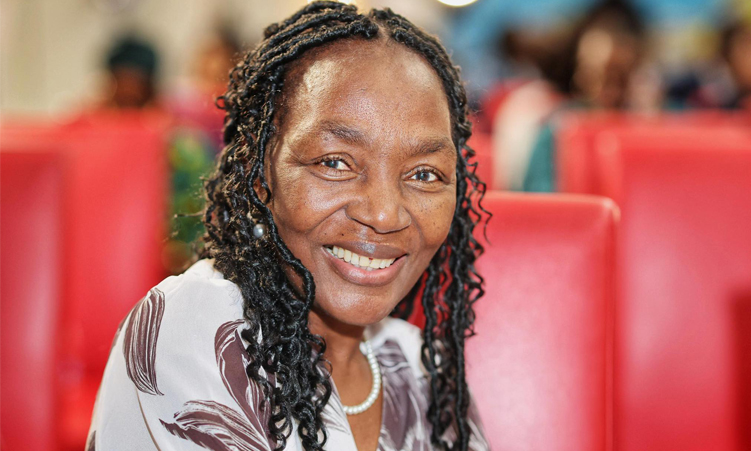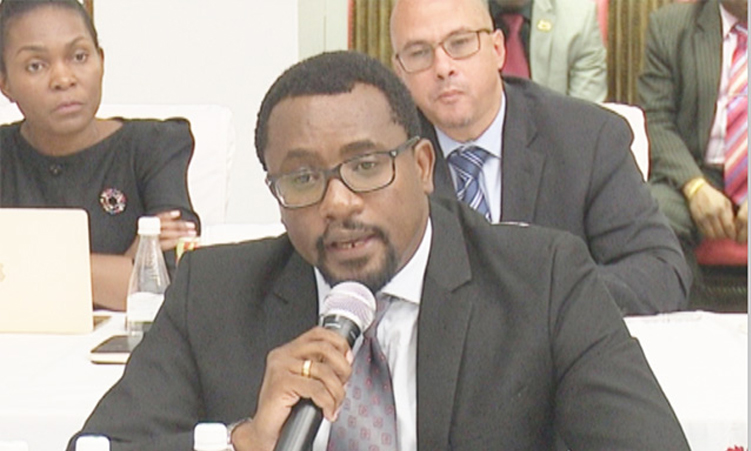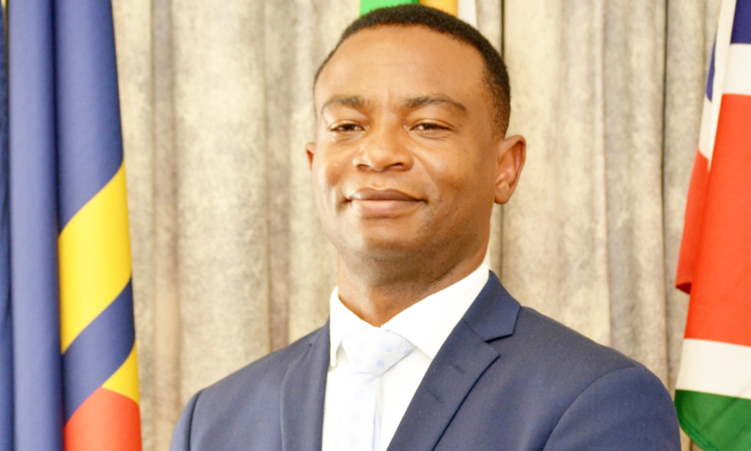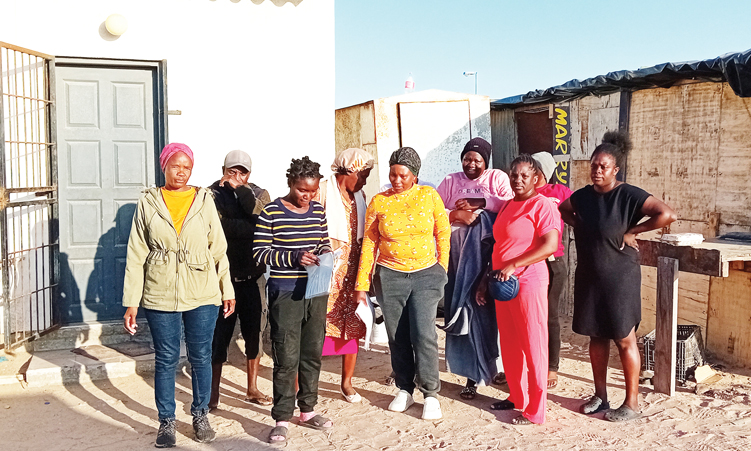THE topic of students and politics is quite broad and dynamic and so is the discussion on youth and politics especially when one considers the important role that students and youth play in propelling society forward.
And for this reason the topic is always contentious and one can expect a great deal of diverse reactions to this opinion article. The Polytechnic of Namibia, IUM, Windhoek College of Education and other colleges of education, our vocational training centres for example, don’t allow its students to engage in political activities, they are not even allowed to wear a T-shirt of political parties on campus. Why is that? Are these students apolitical? Is this a fair and democratic council or management policy? Why is these institutions’ management deciding for students by forcing them to be apolitical yet allowing the electoral commission to come and register students as voters and give them voters’ education? Who are students going to vote for if they are forced to be apolitical?Then the big question is, are students apolitical? Maybe it depends whom you ask, if you ask the Rector of the Polytechnic of Namibia he might say yes but if you ask the students themselves they will say No. Statistics clearly indicate that the majority of our citizens are youth, majority of whom are students. With the presidential and National Assembly elections coming at the end of this year how does one expect students to make the right choice if they are not allowed to take part in political activities at their level? In a democratic country like ours it’s extremely useful if students know about day-to-day politics and therefore they should allowed to set up branches of their political party youth leagues in their respective campuses and be allowed to have peaceful political meetings as students who share a common political opinion. One wonders where is the democracy and political freedom being taught in the lecture halls and quoted in speeches of senior management officials of these institutions.Moreover, politics cannot be divorced from a student’s life as he continuously interacts with the Students’ Union and various other student associations in the institution. Students also have a great deal of exposure to media like the press, television, cinema, etc. which are important agents of political expression. Political science is a vital part of the syllabi both at the school and university level. This underlines the role that politics plays in various stages of a person’s life. Hence, it is futile to shut out students from politics.Why should students be apolitical when the supreme law of the land guarantees the right to membership and taking part in political activities of political parties, because being apolitical implies total absence in consciousness of anything that is political and which subsequently translates into inability to think, speak or act in a social way and eventually, politically. However, it is possible for people including students to be politically apathetic, which simply means, lack of interest in politics, and again here the emphasis must be put that I mean active politics. The most progressive, articulate, inspired and dynamic segment of the country’s population is the student’s community. The formative period of a student’s life should be utilised for an all round balanced development of his/her personality. Political experience constitutes an essential part of this learning experience. This period prepares one to face the challenges better and enables one to succeed in life. The much-hyped dirty murky nature notwithstanding, politics has the potential to inculcate qualities like general awareness, keeping abreast with current happenings and above all leadership qualities in an individual.I do not know of any dedicated research study that speaks to the trends in campuses in so far as students’ activism in politics is concerned. I will speak from experience and also from a point of privilege of being Deputy Secretary General of Nanso who visits almost all campuses in the country. But political activism cannot be determined in quantitative terms. The general trend is that students are interested in what happens to their lives while on campus. Students are also interested in getting quality student services so as to enable them to succeed in their studies. And in between them attending to their studies, they do find time to attend mass meetings called by either Nanso or the SRC. In these meetings students make critical and qualitative inputs which in turn guide the mandate and actions of Nanso and the SRC on a range of issues. However, even if this is so, the continuing battle of ideas finds expression in our campuses too. There is a wave, especially since 1995, aimed at depoliticising the minds of young people. You find this wave in the media and other areas of society. In the instance of educational institutions, senior members of management in our institutions always say the struggle is over, we are now engaged in an intellectual revolution, so you must stop politics and if one analyses such a statement itself, there is nothing intellectual and worse, revolutionary about such a statement. Students are discouraged to even sing struggle songs any more, nor are they allowed to have debates about the past. These are the ideas transmitted to our students in class daily. No, it’s a big fallacy and propaganda, the struggle is not over, in fact it has just begun, ours is even more daunting than before, because we face the challenge of constructing a future that we mostly theorise about, our predecessors were faced with an enemy they could easily identify, characterise, and destroy. Our enemy is one we cannot easily identify and characterise, and is among us.My belief is that we need more positive messages about youth and student politics. Messages that will encourage and not discourage students from being active political being and by so doing we will be building a better future for everyone and surely this is in the best interest of all. We need the media as a partner in executing this important task!Nicky MutendaVia e-mail
Stay informed with The Namibian – your source for credible journalism. Get in-depth reporting and opinions for
only N$85 a month. Invest in journalism, invest in democracy –
Subscribe Now!










